Highlights
Here we present past and present hightlights from our news channel. Those highlights include major scientific findings, awards, grants or organizational matters.
13 Years of Vision and Dedication: Farewell to Dr. Oliver Renn
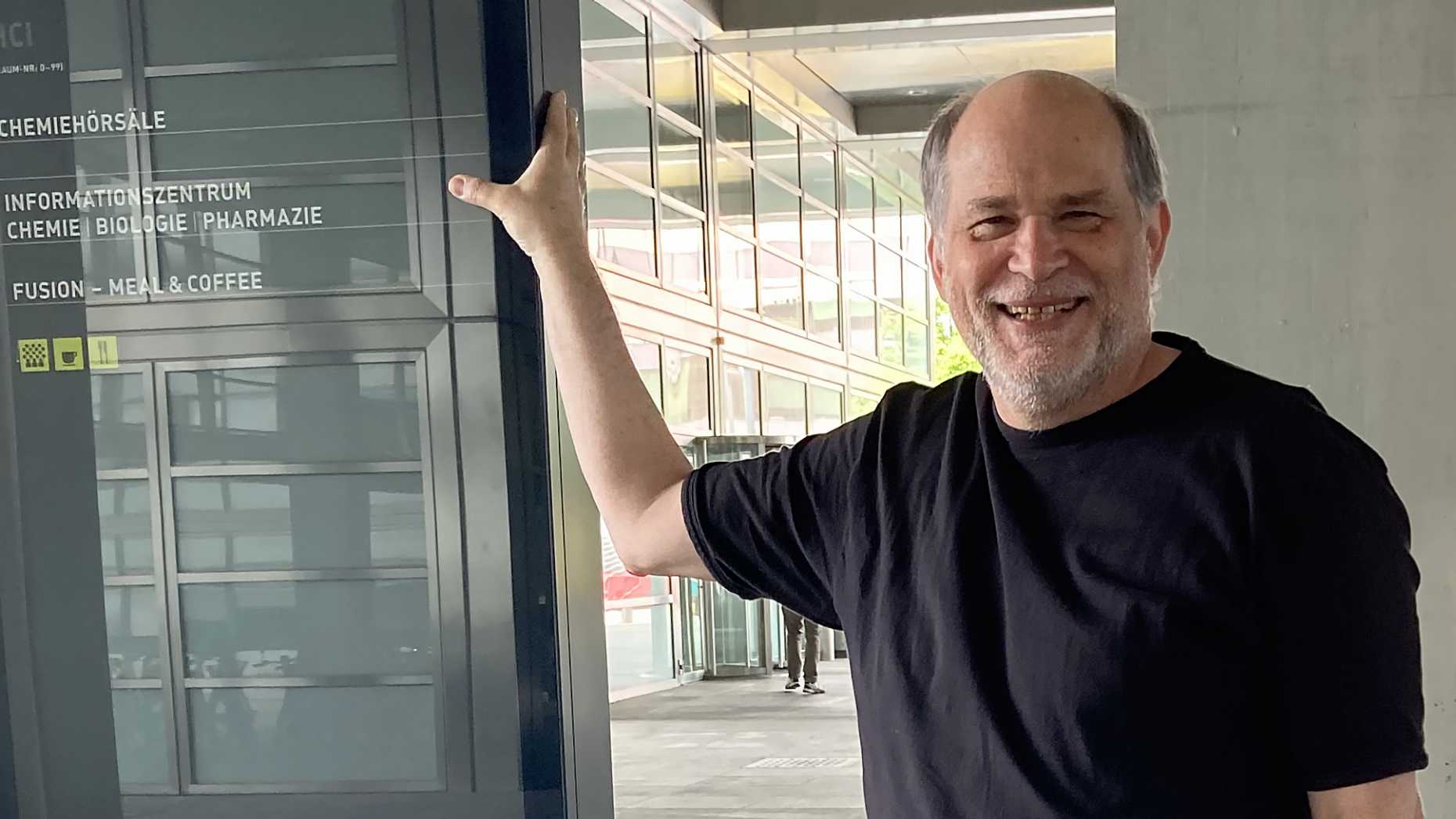
As Head of the Chemistry | Biology | Pharmacy Information Center, Science Communication and, most recently, Public Relations of the D-CHAB, Dr. Oliver Renn will retire as of June 1, 2025. With outstanding commitment and expertise, he played a key role in shaping information literacy at ETH Zurich and transformed the Information Center from a traditional library into a modern, multifaceted competence center for scientific information.
This nanotube has a nose for oxygen

ETH researchers led by Máté Bezdek have developed a low-cost sensor made of carbon nanotubes that can selectively, efficiently and reliably measure minute quantities of oxygen in gas mixtures under light. The detector could be widely used in industry, medicine and environmental monitoring.
Peptide-based drugs without borders
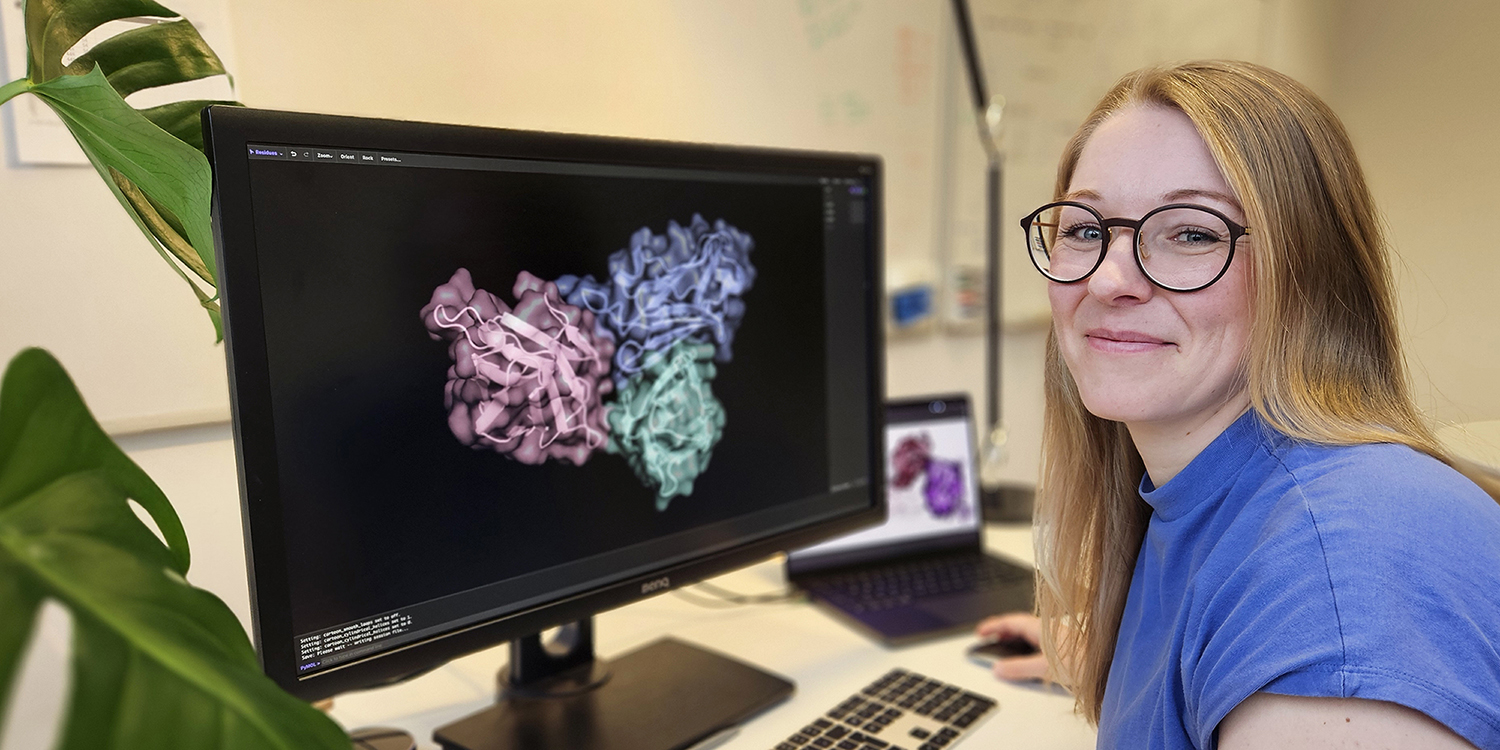
Peptides act as signal mediators in the body and are on the rise as therapeutic agents. However, their full potential can often be limited by rapid degradation and elimination. Nathalie Grob, the new SNSF assistant professor for peptide-based drug discovery, is researching methods to circumvent these limitations and focuses her efforts on targeting diseases with no or unsatisfactory treatment options, primarily those affecting women and girls.
Deciphering the molecular life of catalysts
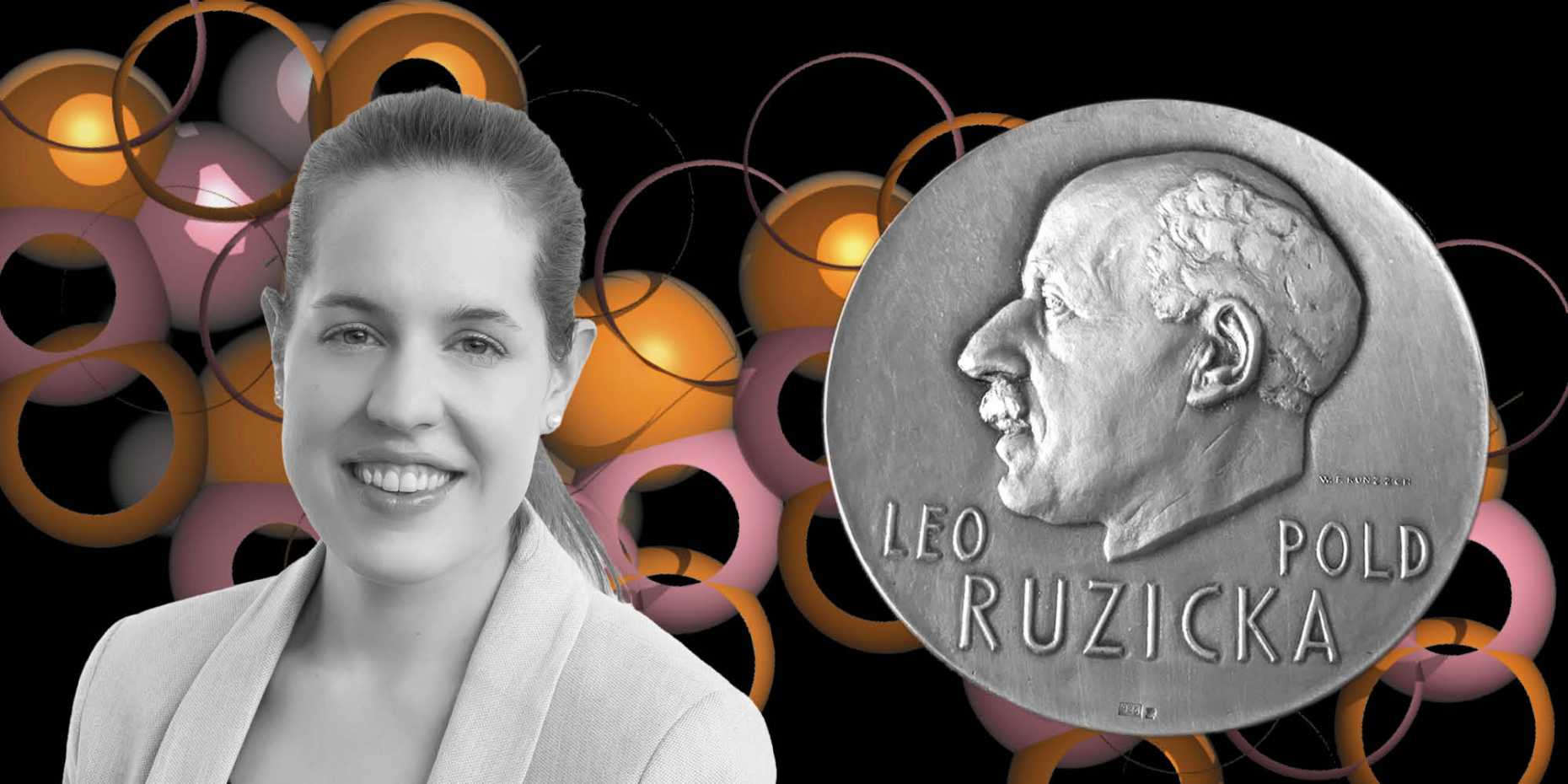
Whether for cling film or hydrogen production, in chemistry, everything strives for efficient, inexpensive catalysts. Surprisingly, little is known about how they work on a molecular level. Prof. Murielle Delley from the University of Basel aims to change this and is developing methods to promote the production of more efficient, sustainable catalysts. She has now been awarded the 2024 Ruzicka Prize for her work on the controlled surface modification of cobalt phosphide with sulfur. A portrait.
Luminous tools for living cells

Cells constantly process complex signals, be they for survival, metabolism, development, or cell death. Anyone who can spy on this internal communication has a decisive advantage regarding the development of new therapies. Michelle Frei, the new Assistant Professor of Chemical Biology and Molecular Imaging, and her team are developing chemical tools to better visualize and study cellular processes using fluorescent markers. In this article, she introduces herself.
How Pulp Fiction contributes to good teaching
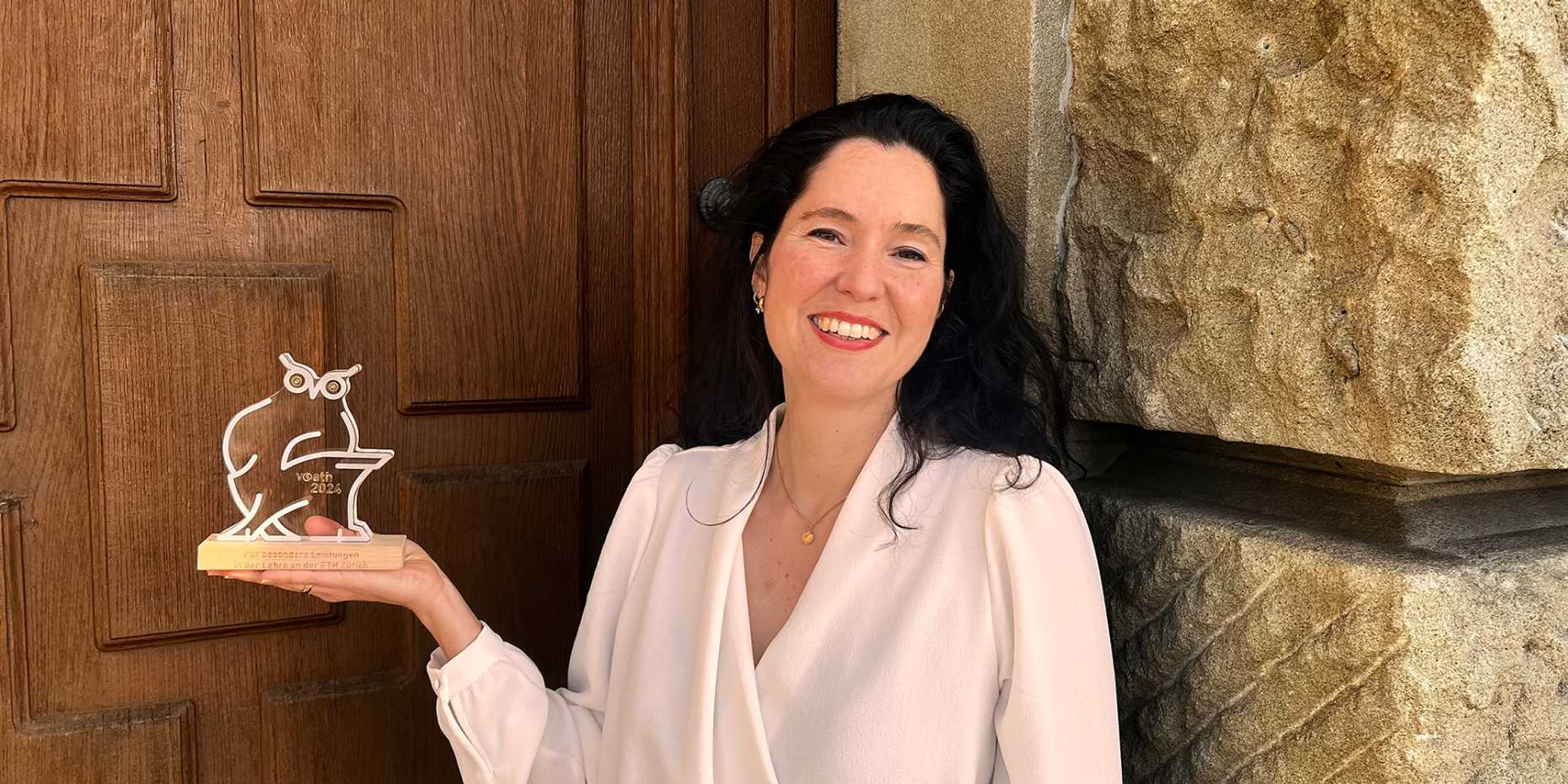
Since 2017, Elvan Kut Bacs has been striving to provide pharmacists with the best possible training for their future tasks, sometimes using unorthodox teaching methods. The lecturer and program coordinator of the Master's program in Pharmacy at D-CHAB has now been awarded the Golden Owl 2024 for her dedicated teaching. In this interview, she reveals what makes good teaching and why fiction can sometimes be helpful, especially in fact-based science.
Spark Award 2024: procedure for recycling rare earth metals receives award

The prize for the most promising invention of the past year goes to Marie Amélie Perrin and Victor Mougel. They have developed a method that enables rare earth elements to be efficiently recovered from electrical waste.
Colorful chemistry: discovering Jenny-Trümpy's fabric pattern books online

The chemical and pharmacognostic collection D-CHAB contains 17 fabric pattern books by the Swiss textile manufacturer and chemist Adolf Jenny-Trümpy. In addition to pages of colorful historical patterns (18th-20th century), many with a recipe for chemical textile dyeing, the volumes also offer an insight into the history of color chemistry and textile printing. Now freely accessible as an online catalog, the digitized volumes invite everyone to discover the colorful sides of chemistry.
10 years of community, passion, innovation
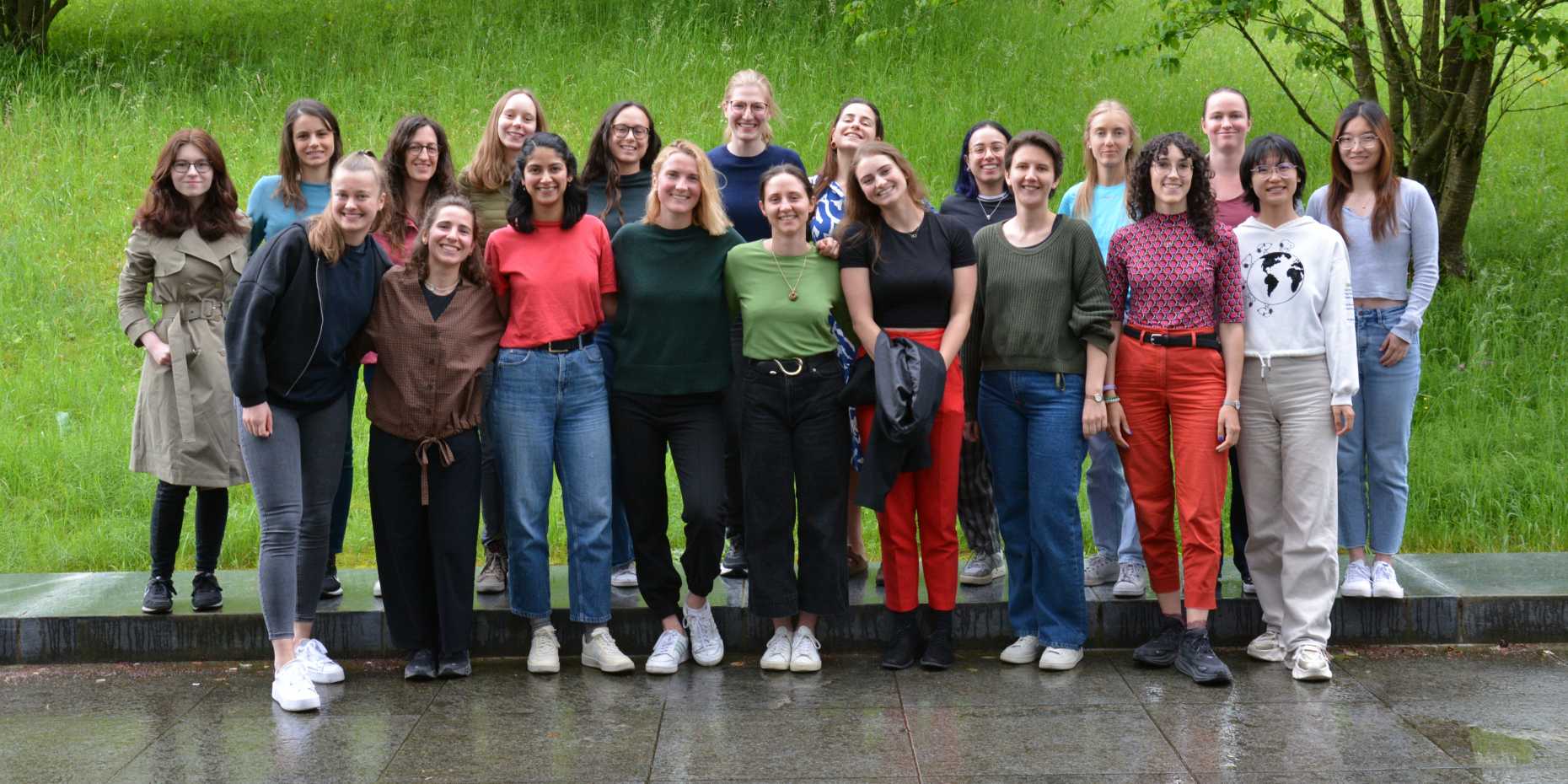
A new fall semester has just begun – not only for the students but also for the Society for Women in Natural Sciences (WiNS) at ETH Zurich. The association, consisting of students, doctoral students, and research staff from D-CHAB, D-BIOL, D-PHYS, and D-MATL, has been organizing exciting events supporting women in science for 10 years now. What has WiNS achieved so far and where is it heading? Some members provide insights and explain why they enjoy being part of this community.
New pharmaceutically active substances from billions of newly combined molecules
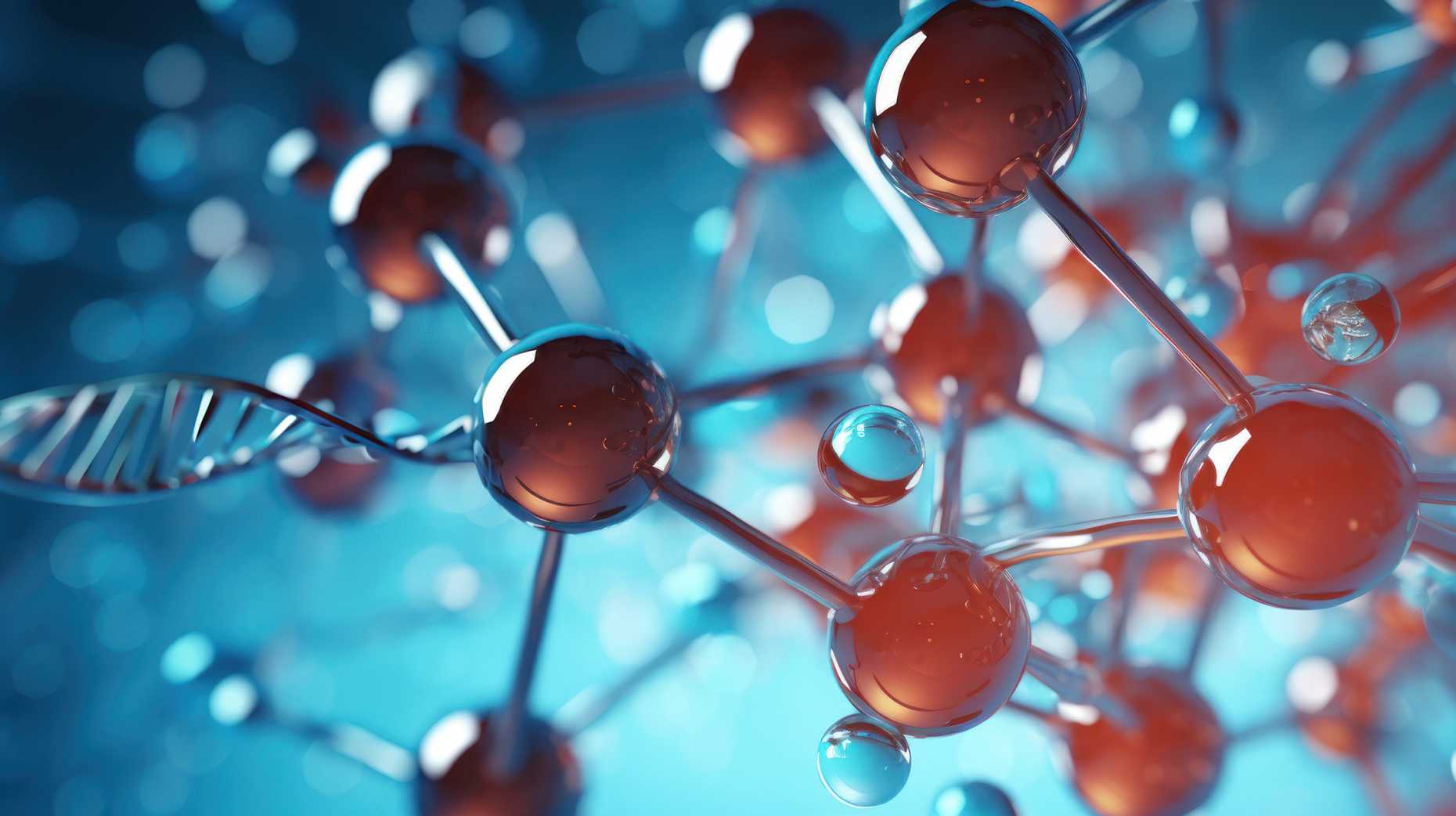
Pharmaceutical researchers often find new pharmaceutically active substances only by sifting through large collections of chemical compounds. Chemists led by Jörg Scheuermann have now made critical progress on a specific process for generating and searching these collections.